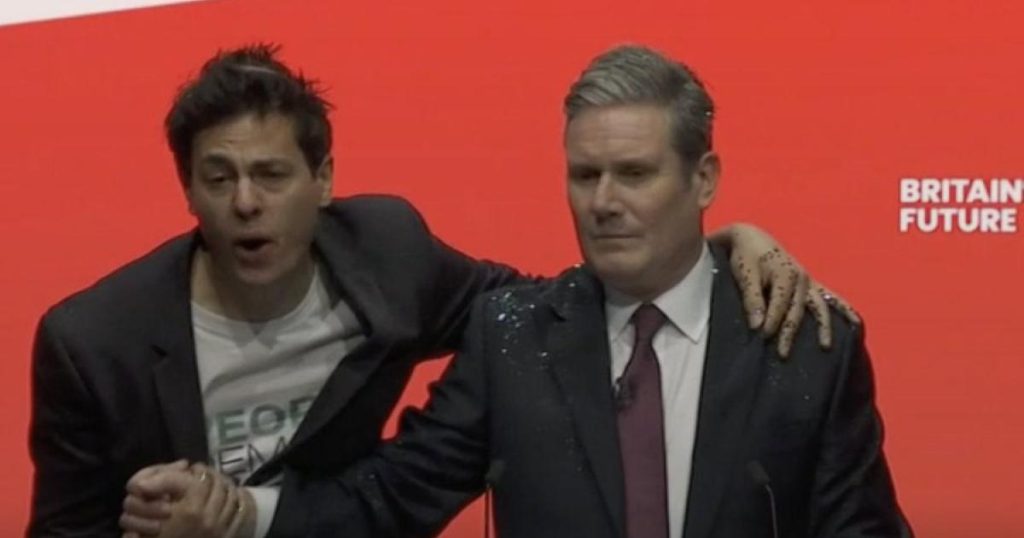Finding the change we’re looking for
3 min read
We were outside Parliament for four days, citizens from all across society: union members, civil servants, NHS workers, church leaders, and environmental activists from all sides of the spectrum.
As the public, we were there to demand an end to the fossil fuel era and change decided by us, not for us: emergency citizens’ assemblies to lead the government to act on the most urgent issues in society today. Do you trust politicians to decide on the biggest challenges in your life?
Why should you have to, when we can update politics entirely, in a way which puts the people at the heart. Citizens’ Assemblies — and a House of Citizens — can create a mandate to which the government must be accountable.
Here we will find the will we need to fix our relationship with the natural world.
Power
With scientific guidance, we can choose to reshape our modern society. We can choose to accelerate the transition to renewables and leave the carbon in the ground.
We can reignite our connection to nature, we can redefine how we assign economic value, we can cancel debt and restore global justice. We can make amends for our colonial and industrial histories.
We can lead the powers that be to act meaningfully. People are always way ahead of politicians.
But how do we get there? For us, it’s as clear as day. You build an alliance that can’t be ignored, then you go to the centre of power and refuse to leave. In that order.
Even if you don’t succeed, you win. Recent research published from Oxford University looked at how public sentiment was affected by XR’s Rebellions in 2019.
It found sustained mass protest had a more profound positive impact on people’s will for political action on the crisis than anything else analysed – and that included extreme weather events, scientific reports, the economy, news stories, political announcements, global summits, nature documentaries and NGO activity!
Comitted
As we discovered last April, the good is self-evident when we bring people together in collective action. The press hardly noticed, but we weren’t optimising for press, we were working to enrich the ecosystem of environmental groups, in a way we all dearly needed.
We held space for many causes, beyond climate and nature, because we recognise all our struggles stem from this broken political system, which we can change.
So that’s the movement strategy: to return to our homes across the country and work to bring people together in the face of this crisis.
To build on our new alliance, and develop stronger roots to our communities.
To hold people’s assemblies to connect local issues to this emergency and to assemble people together in protest, whether that’s showing solidarity with striking workers or collaborating across the whole ecology of movements. This is the work.
And all the while, we will prepare the way for a moment, sometime soon, when we are ready to return to Westminster stronger, broader and more committed than ever before, to change how everything works. Together, we’ll be impossible to ignore.
This Author
Yaz Ashmawi is a member of the XR strategy team. This article has been published through the Ecologist Writers’ Fund. We ask readers for donations to pay some authors £200 for their work. Please make a donation now. You can learn more about the fund, and make an application, on our website.





